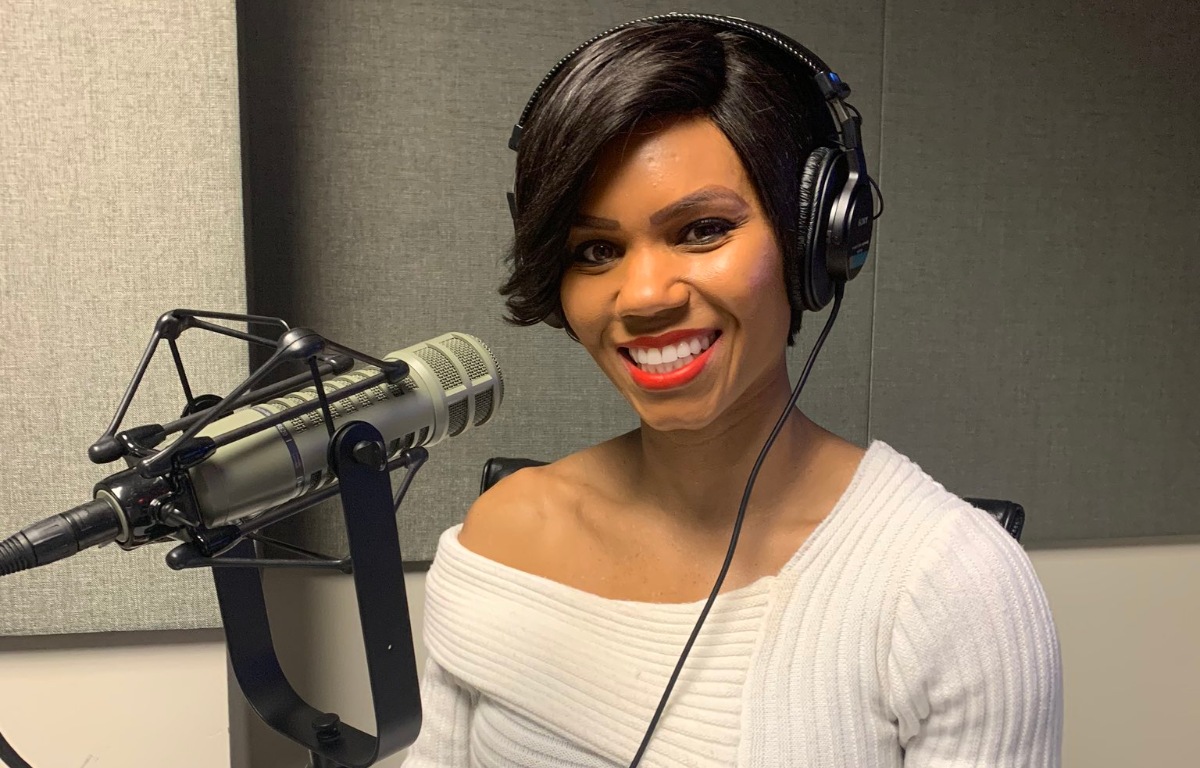 The ability to communicate effectively is an essential skill for any medical professional. If the current public health threat caused by COVID-19 has taught us anything, it’s that we live in a digitally connected world where information can be beamed to a global audience in an instant, and that a failure to provide clear and accurate messaging can have dire consequences.
The ability to communicate effectively is an essential skill for any medical professional. If the current public health threat caused by COVID-19 has taught us anything, it’s that we live in a digitally connected world where information can be beamed to a global audience in an instant, and that a failure to provide clear and accurate messaging can have dire consequences.
Even absent a disease pandemic, whether you’re a clinician or a researcher, knowing how to express yourself clearly and concisely is vital. Whether orally or via the written word, communication can make all the difference when a patient with a life-threatening condition needs a speedy, accurate diagnosis or an investigator is seeking grant support for novel research that may lead to a potentially lifesaving drug therapy.
An Intern Again
All physicians go through a period of internship, where everything is new. I recently found myself feeling like a new intern once again, being introduced to the world of medical journalism as a member of the ABC News Medical Unit. The medical unit is the gatekeeper for all medical, health, and science information broadcast on ABC’s news shows, from Good Morning America to World News Tonight.
As a pathology resident on the team, I produce a wide range of written and verbal communications, from digital articles to pitches for medical stories at production meetings to “Medical Minutes” (short scripts distributed to ABC-affiliate news stations). I also vet and correct news show scripts for medical accuracy. In addition, I’ve had the opportunity to appear on several national broadcasts, including “Good Morning America” and “20/20” where I fielded viewers’ social media questions about the virus, posting my responses live via the programs’ Instagram and Twitter accounts. As a physician, I am aware that I am working to reduce misinformation that might hurt our viewers. It’s an important responsibility for journalists and doctors to get this information right.
Shadowing in the Studio
I continue to learn a lot about delivering information during my internship, but the best experience has come from the opportunity to shadow a medical communications master, Jennifer Ashton, M.D., the ABC News chief medical correspondent. Dr. Ashton excels at the art of distilling mountains of medical information into the main points that viewers should know and can remember. Her communication is honest and direct with messaging that is sensitive to the feelings and concerns of viewers.
Watching and learning from Dr. Ashton provided me with five essential communication lessons:
- Essential medical information should be communicated in an empathetic manner. It’s always important to consider how the knowledge you share will affect your audience emotionally and psychologically.
- It’s crucial to get the main points of your message across regardless of what question is asked. Sometimes the interviewer, who may not be an M.D. or deeply knowledgeable about medical and scientific issues, doesn’t know what questions to ask. As a medical communicator it’s my job to pivot and make certain the viewers don’t miss out on the information they really need just because the interviewer didn’t ask the right question.
- It’s important to communicate medically complex data in an easily digestible manner to a general audience of laypeople. For me, this meant double-checking the assumptions I had about what was common knowledge or widely understood.
- Being able to say “I don’t know” is a strength. Too often, ego will lead a person to say erroneous things or present theories as facts in order to be seen as an authority. But in medicine and science, sometimes the research hasn’t been done yet, and we just don’t know the answers. I am comfortable admitting that.
- The media are rightly called the fourth estate. There are three branches of government. Each branch is supposed to provide checks and balances on the other two. But it is the role of journalism to provide checks on all three branches and keep them accountable when they relay medical information.
On the medical unit, I have come to appreciate that each of my activities tested my ability to convey vital public health messages to a national—sometimes global—audience composed of various lay citizens along with a wide range of health professionals. I’m very grateful to have this opportunity to learn indispensable skills that will be used throughout my medical career.
How will I put those skills to use? As a future forensic pathologist, I will be responsible for rendering diagnoses to clinical colleagues. I will also be called upon to speak with deceased patients’ family members, knowing that the information I provide may help them heal. There will be many hours spent in courtrooms offering expert-witness testimony, which may change the fate of an individual or organization. That’s why honing my communication skills so that I can share important medical information in a manner that everyone—from healthcare workers to jury members—can easily comprehend is so important to me.

